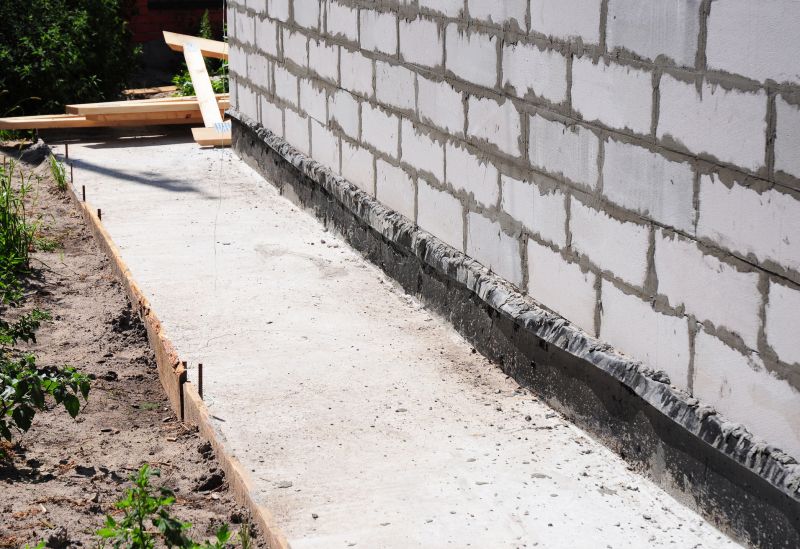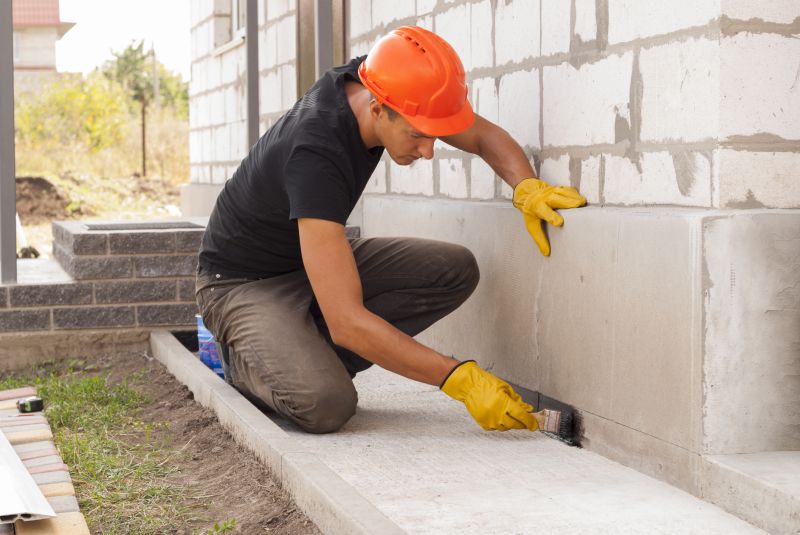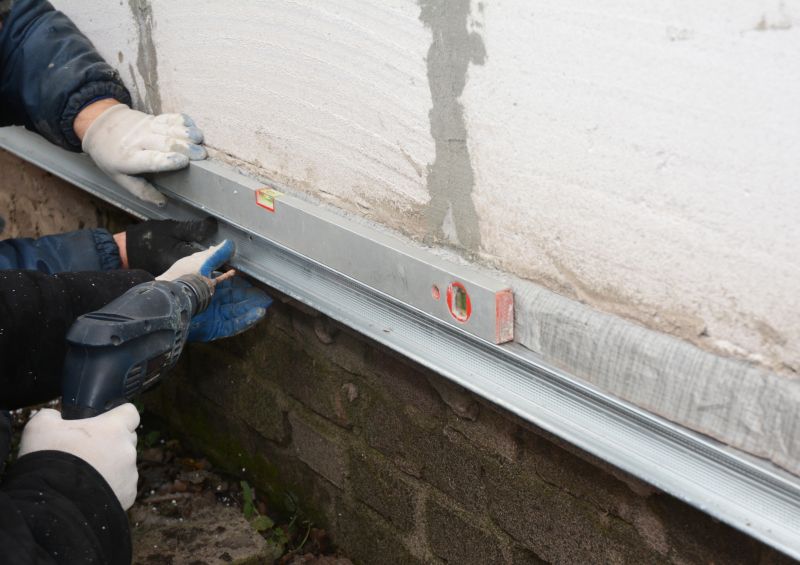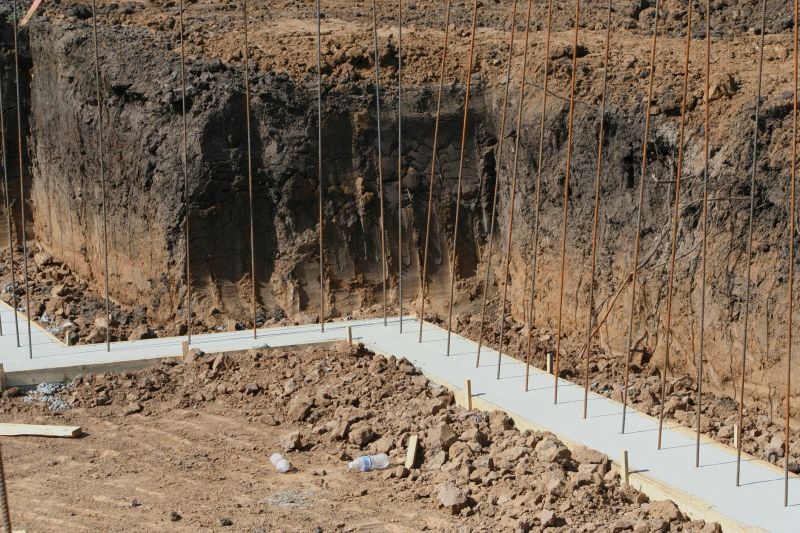Optimal Seasons for Foundation Repairs
Foundation repairs are most effective when performed under optimal weather conditions. Timing can influence the success and longevity of repairs, making it essential to choose the right season for the work.
Spring offers moderate temperatures and stable ground conditions, ideal for foundation work. However, increased rainfall can sometimes delay projects.
Summer provides longer days and dry weather, facilitating quicker completion. High temperatures may require additional precautions.
Fall can be suitable due to cooler temperatures and less rain, but approaching winter may pose challenges with freezing ground.
Winter is generally less ideal due to frozen soil and cold temperatures, which can hinder excavation and curing processes.

Springtime repairs benefit from moderate weather, reducing risks associated with extreme heat or cold.

Summer repairs take advantage of dry conditions, ensuring better access and curing times.

Fall offers cooler temperatures and less precipitation, suitable for foundation work before winter.
Foundation repairs address issues such as settling, cracking, and shifting caused by soil movement and moisture changes. Proper timing ensures that repairs are durable and effective. Statistics indicate that foundation problems affect approximately 25% of homes in regions with variable soil conditions, emphasizing the importance of timely intervention.
Choosing the right season for foundation repair can minimize disruptions and improve results. Factors such as soil type, local climate, and project scope should be considered to determine the optimal timing.

The process involves assessment, soil stabilization, and reinforcement to restore stability.

Various methods are used to seal cracks and prevent further damage.

Techniques include underpinning and mudjacking to improve ground support.

Reinforcement methods strengthen the foundation against future movement.
| Season | Ideal Conditions |
|---|---|
| Spring | Moderate temperatures, stable ground, some rainfall |
| Summer | Dry weather, longer days, high temperatures |
| Fall | Cooler temperatures, less rain, preparing for winter |
| Winter | Frozen ground, cold temperatures, limited access |
Scheduling foundation repairs during the most suitable season enhances the likelihood of a successful outcome. Proper timing reduces the risk of complications caused by weather extremes and soil conditions.
Interested in foundation repairs? Filling out the contact form can provide tailored advice based on local conditions and specific needs. Proper planning ensures the durability and stability of the structure for years to come.

